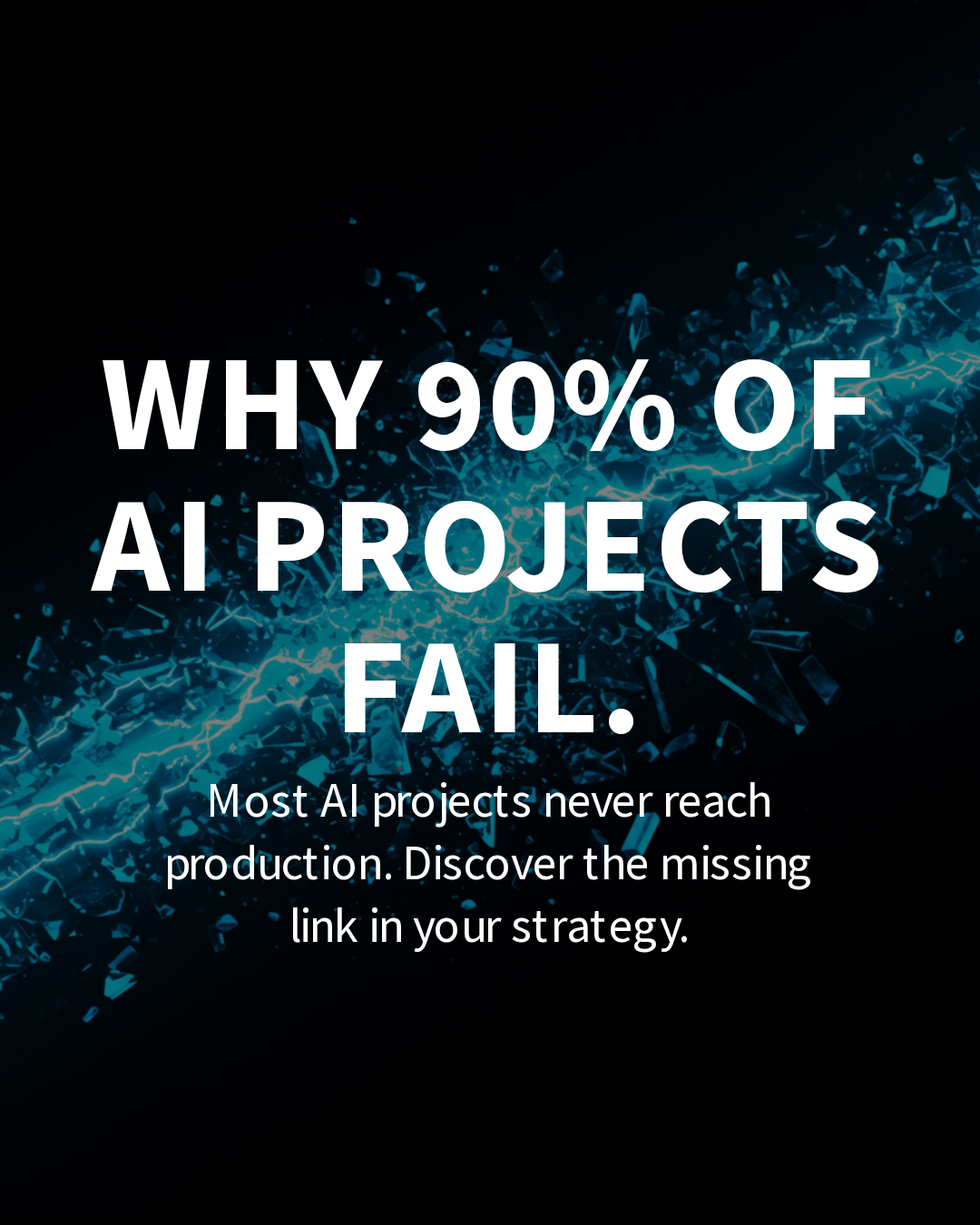In today’s data-driven world, organizations are inundated with vast amounts of information, much of which is unstructured data. Unstructured data, such as text documents, social media feeds, emails, and customer reviews, holds valuable insights that can help businesses make informed decisions. However, extracting meaning from unstructured data poses significant challenges. This is where Natural Language Processing (NLP) comes into play. NLP is a field of artificial intelligence (AI) that focuses on the interaction between computers and human language, enabling machines to understand, interpret, and generate human-like text. In this article, we will delve into the fascinating world of NLP, exploring its underlying concepts, techniques, and real-world applications, highlighting how it can make sense of unstructured data.
Natural Language Processing (NLP) has revolutionized various industries by enabling machines to understand and process human language. Its applications are vast and continue to grow as technology advances. Let’s explore some of the real-world applications of NLP and how it is used to make sense of unstructured data.
1 Customer Feedback Analysis and Sentiment Analysis: Understanding customer sentiment is crucial for businesses to enhance their products, services, and overall customer experience. NLP techniques such as sentiment analysis can automatically classify customer feedback as positive, negative, or neutral. By analyzing text data from customer reviews, social media posts, and surveys, businesses can gain valuable insights into customer perceptions, identify common pain points, and make data-driven decisions to improve their offerings.
2 Chatbots and Virtual Assistants: Chatbots and virtual assistants have become increasingly prevalent in customer service, providing instant support and personalized experiences. NLP enables these conversational agents to understand and respond to user queries in a human-like manner. Through techniques like natural language understanding and dialogue management, chatbots can extract intent, recognize entities, and generate appropriate responses, effectively addressing customer inquiries and automating routine tasks.
3 Document Summarization and Text Extraction: Unstructured documents, such as research papers, news articles, and legal documents, contain a wealth of information that can be challenging to navigate efficiently. NLP techniques for document summarization can automatically generate concise summaries, providing users with a quick overview of the main points within a lengthy document. Additionally, text extraction techniques enable the extraction of specific information, such as dates, names, and locations, from unstructured text, facilitating data organization and retrieval.
4 Social Media Monitoring and Trend Analysis: Social media platforms generate an enormous volume of unstructured data, which can be leveraged for brand monitoring, trend analysis, and market research. NLP allows businesses to extract insights from social media conversations, detect emerging trends, identify influential users, and monitor brand sentiment in real-time. By analyzing social media data, organizations can gain a deeper understanding of their target audience, tailor their marketing strategies, and address customer concerns promptly.
5 Language Translation and Localization: Language barriers pose challenges in global communication and business expansion. NLP has greatly advanced machine translation systems, enabling the automatic translation of text from one language to another. By leveraging techniques like neural machine translation, statistical models, and rule-based approaches, NLP systems can accurately translate text while considering contextual nuances. Localization, which involves adapting content to specific cultures and languages, also relies on NLP to ensure accurate and culturally appropriate translations.
6 Voice Assistants and Speech Recognition: Voice assistants, such as Amazon Alexa, Google Assistant, and Apple Siri, have become ubiquitous in our daily lives. NLP is at the core of these systems, enabling them to understand spoken commands and generate appropriate responses. Speech recognition technology, coupled with NLP, transcribes spoken words into text, allowing voice assistants to process and act upon user requests. Whether it’s setting reminders, providing weather updates, or controlling smart home devices, voice assistants rely on NLP to deliver seamless voice interactions.
These are just a few examples of how NLP is transforming industries and enabling businesses to extract valuable insights from unstructured data. From analyzing customer sentiment to automating customer service, NLP continues to revolutionize the way organizations leverage language to enhance their operations and deliver personalized experiences. As technology advances, we can expect NLP to play an even more significant role in data-driven decision-making and human-computer interactions.
Reach out to our friendly Sales Team at sales@evocate.com.au to explore further!




